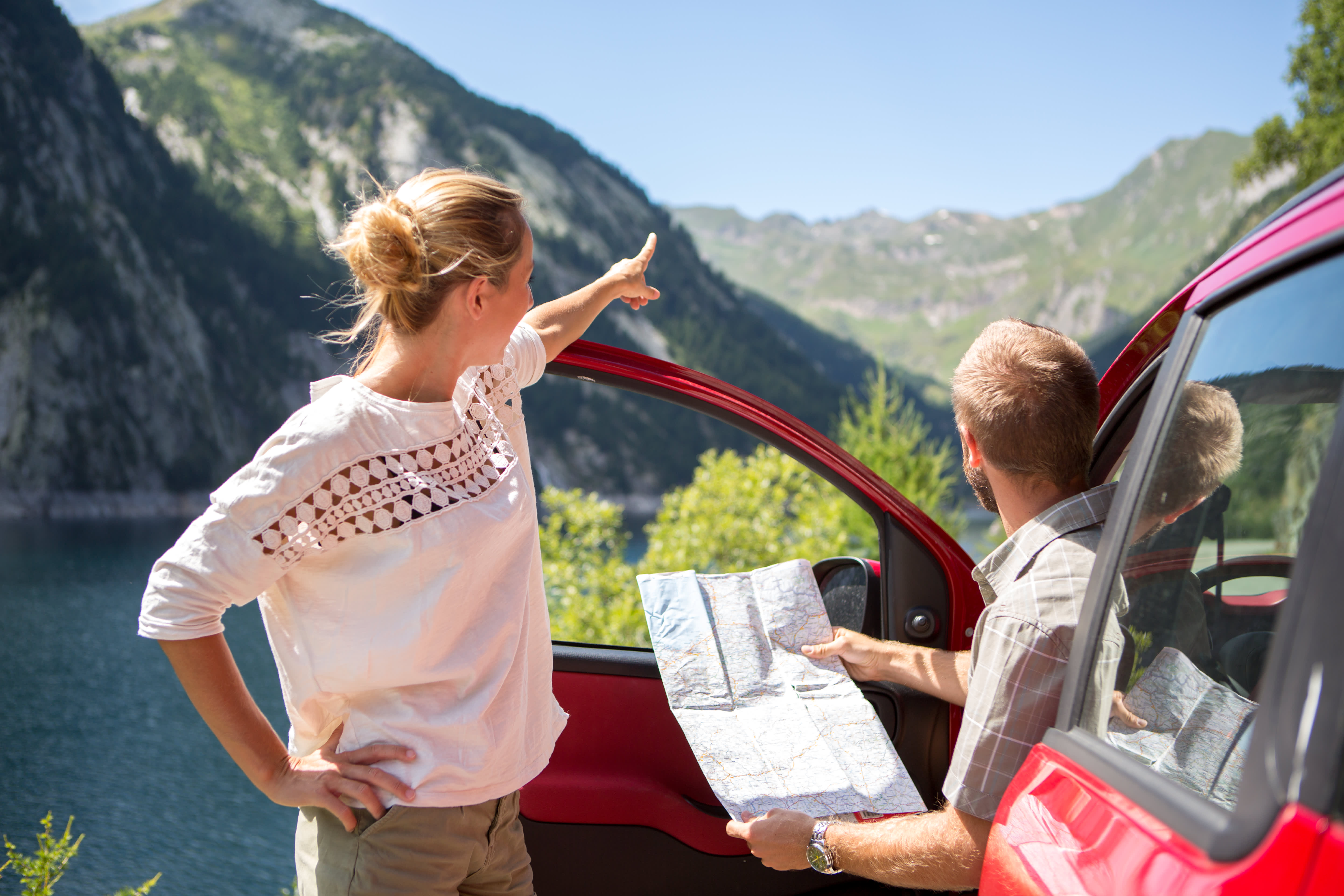Americans are flying less, and it looks like their vacation plans are still up in the air.
Nearly 7 out of 10, or 67%, who want to take a vacation by year-end aren’t sure they’ll actually be able to travel, and 1 in 5 expect to book at the last minute, within a week of departure.
That’s according to a recent survey by AAA of traveler attitudes amid pandemic-era travel restrictions. The survey found that 80% of planned vacations will be road trips.
“Road trips have been most popular as consumers can curate their own experience and take the necessary precautions, prepare for the journey, limit contact and experience the great outdoors,” said Paula Twidale, AAA’s senior vice president of travel. AAA reports that use of its online TripTik road trip planning tool has doubled from spring and early summer.
More from Invest in You:
Author shares what investors should be doing during pandemic
Coronavirus forced couple into quarantine on honeymoon cruise
How to prepare for a family member with Covid-19
As for why Americans are still booking vacations despite rising uncertainty around resurgent coronavirus infection rates and interstate traveler regulations, Twidale said “pent up demand from months of quarantine is a prime motivator for travelers to venture out.”
Travel suppliers are doing their best to attract and reassure wary travelers, too. “Many hotels, tour operators and cruise lines are offering flexible terms to entice people to make the decision to book,” she added. “Insurance adds to consumer confidence and peace of mind.”
Still, travelers are hedging their bets by often waiting until the last minute to book. “AAA is seeing trends such as bookings within 48 hours or up to seven days, where that was rare in pre-pandemic times,” Twidale noted.
Where road trippers are headed
Downtown Denver, the Flatirons and Longs Peak in Colorado. Denver is AAA’s No. 1 road trip destination through year-end.
Brad McGinley Photography | Moment | Getty Images
Lower prices at the pump are also driving interest in road trips, AAA found. Gasoline costs nearly 50 cents less per gallon nationwide than last year, the lowest autumn prices since 2016.
Where on the map do drivers hope to head? Domestic destinations that allow for socially distanced, outdoor recreation, said Twidale. Here are the top 10 places AAA says travelers searched for at TripTik.AAA.com from June 14 to Sept. 14:
- Denver
- Las Vegas
- Los Angeles
- San Diego
- Seattle
- Keystone, South Dakota
- Portland, Oregon
- Phoenix
- Colorado Springs, Colorado
- Myrtle Beach, South Carolina
Whether urban or rural, these spots tend to be scenic with a lot of open space perfect for outdoors activities such as hiking, camping, bird watching, rafting and tubing, Twidale said. Natural landmarks such as the Grand Canyon, Yosemite and even Mount Rushmore — located in Keystone — are also popular.
People want to work and travel at the same time, so a lot of trips are longer stays.
Omer Rabin
managing director, Americas, at Guesty
“In the coastal areas like California or even Myrtle Beach, travelers can enjoy ocean air, boating, fishing, walks along a beach to feel exhilarated rather than being house-bound,” Twidale said.
That last bit is increasingly important, as many Americans working from home are booking longer working vacations. High-end vacation club Exclusive Resorts, based in Denver, is seeing five times the number of member reservations for stays of at least 14 days this December from a year earlier, and for all of 2021 has more than doubled from year, according to a spokesperson. (The club’s overall average stay of 5.2 days represents a 30% annual jump in duration.)
AAA is tracking a related trend, called “bleisure,” that began pre-pandemic, Twidale said.
Maskot | Maskot | Getty Images
Business travelers are increasingly tacking vacation time onto business trips, she explained. “With opportunities to work remote with the aid of technology, we may see a hybrid version of this remain in place post-pandemic for some workers,” she said.
Omer Rabin, managing director of Americas for Guesty, said customers are telling the vacation property management software firm that the three-night weekend escape is “dead.”
“People want to work and travel at the same time, so a lot of trips are longer stays,” he said. “A weekend away becomes a week away, and people leave on Wednesday and come back on Tuesday because you can work from anywhere.”
— Correction: This story has been updated to reflect that nearly 7 in 10, or 67%, of Americans surveyed are not sure they’ll be able to take a planned trip by year-end, according to AAA.

